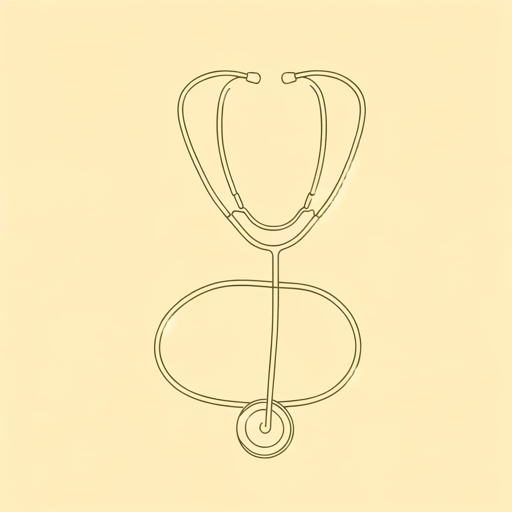59 pages • 1 hour read
Abraham VergheseThe Tennis Partner
Nonfiction | Autobiography / Memoir | Adult | Published in 1998A modern alternative to SparkNotes and CliffsNotes, SuperSummary offers high-quality Study Guides with detailed chapter summaries and analysis of major themes, characters, and more.
Important Quotes
“Unfortunately, society doesn’t understand that you have a disease, a disorder in your forebrain, a genetic defect that makes you so susceptible. You—despite being a doctor—don’t understand that you have a disease. Instead you see yourself as reprehensible, morally flawed.”
(Prologue, Page 4)
Dr. Doug Talbott talks to David about his addiction when he arrives at the Talbott-Marshall Clinic for rehab. Dr. Talbott presents a view of addiction that is novel and revolutionary for the period: that The Disease of Addiction is not a personal or moral failing but a medical disorder. Others treat David and his condition keeping this view in mind, including Dr. Lou Binder is one of them. He gives David multiple chances each time he relapses, without shaming David or moralizing about his actions.
“A newcomer is unencumbered by his past, his mistakes and secrets unknown. This is the great promise of moving: that if you fold your life into a U-Haul truck and put it on the road, you will be given a clean plate with which to approach the buffet.”
(Part 1, Chapter 1, Pages 15-16)
Abraham arrives in El Paso and reflects on the beauty of a fresh start. He is in this frame of mind because of the marital conflict he has been experiencing, which is headed towards a divorce. Thus, El Paso represents a chance for Abraham to start over in multiple avenues of his life. For David, however, who has returned to El Paso just a few months before Abraham’s arrival, this is not the case; his mistakes and secrets are common knowledge, and weigh him down over time.
“When I lifted my stethoscope off the patient, a dark, bilious wave swept over me, carried me to the exact state of mind that I must have had as a child: a precocious anxiety that could only be obliterated by constant activity, by the metronomic tattoo of the ball.”
(Part 1, Chapter 3, Page 25)
Related Titles
By Abraham Verghese




